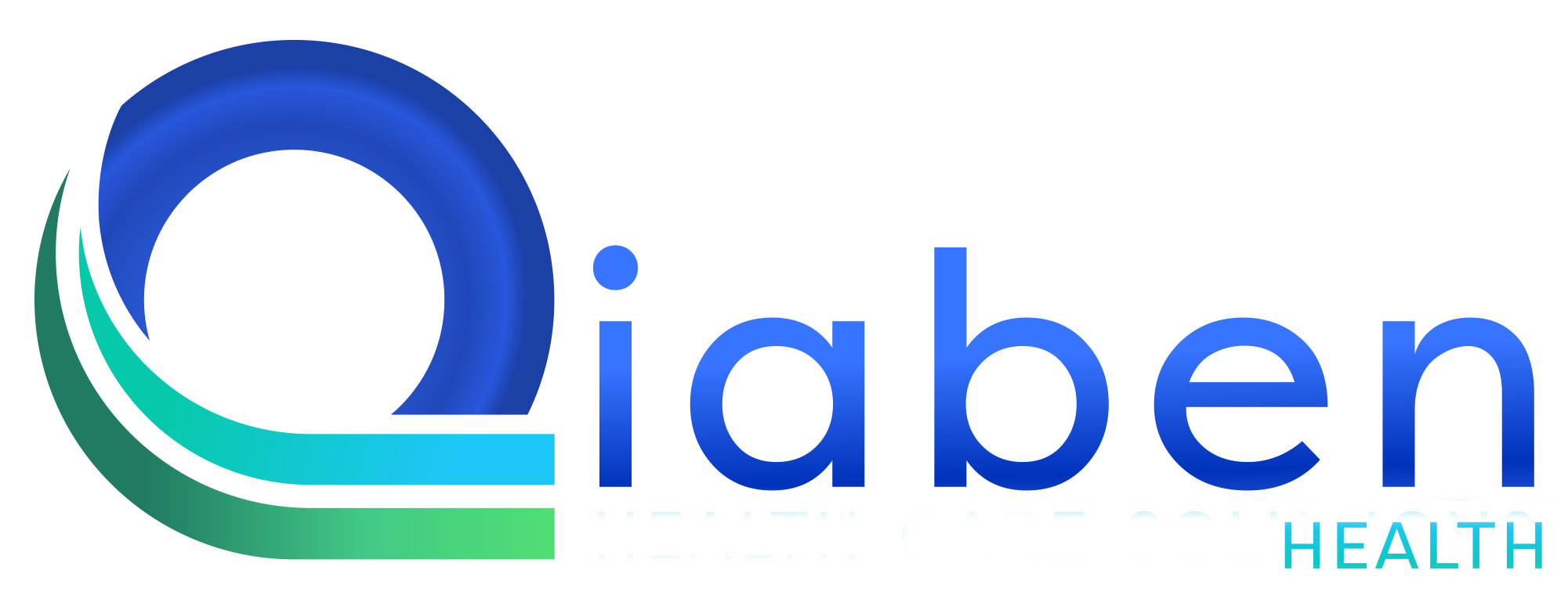Is AI Secure for Medical Data? Qiaben Health Guide
Yes, AI can be secure for medical data, but it depends on the implementation and safeguards in place. Here are key points to consider.
In an era where technology intertwines with every aspect of healthcare, the use of Artificial Intelligence (AI) has revolutionized medical and dental billing services, patient care, and even medical coding. But with this advancement comes an essential question: Is AI secure for medical data? As we delve into the transformative power of AI in healthcare, we also need to address the critical concern of data security—a topic that directly impacts patient trust, compliance with regulations, and the overall integrity of the healthcare system.
Data Encryption: AI systems can use advanced encryption methods to protect data both in transit and at rest, ensuring that unauthorized parties cannot access sensitive information.
Access Control: Implementing strict access controls and authentication mechanisms ensures that only authorized personnel can access medical data.
Compliance with Regulations: AI systems designed for medical use must comply with regulations like HIPAA (Health Insurance Portability and Accountability Act) in the USA, which sets standards for protecting sensitive patient information.
Understanding AI in Healthcare
Artificial Intelligence has become a backbone for many processes in healthcare, from diagnosing diseases to optimizing billing systems. Particularly in the realm of AI medical coding, AI systems analyze patient records, ensure accurate coding, and facilitate smoother billing processes. The efficiency of AI in managing medical and dental billing services cannot be overstated. However, the use of AI to handle sensitive medical data requires robust security measures to protect against potential breaches.
The Risks of Data Breach
Medical data is one of the most sensitive forms of personal information. A breach in this data could lead to devastating consequences, including identity theft, financial loss, and erosion of patient trust. The stakes are even higher when dealing with dental billing and patient billing, where errors or unauthorized access can disrupt not only the financial aspects but also patient care continuity. The challenge, therefore, is to implement AI systems that are not only efficient but also secure.
How Secure is AI in Healthcare?
AI, by its nature, processes vast amounts of data at high speeds, which can introduce vulnerabilities if not properly managed. The security of AI in handling medical data largely depends on the design and implementation of the AI systems. Here’s how AI can be secure:
Data Encryption: AI systems must use advanced encryption methods to protect data both in transit and at rest. Encryption ensures that even if data is intercepted, it remains unreadable to unauthorized users.
Access Controls: Robust access controls are crucial to ensure that only authorized personnel can access sensitive medical data. This includes multi-factor authentication and role-based access permissions.
Regular Audits: Continuous monitoring and auditing of AI systems help in identifying and mitigating potential security threats before they escalate into serious breaches.
Compliance with Regulations: AI systems must comply with regulations like HIPAA (Health Insurance Portability and Accountability Act) in the U.S., which sets stringent standards for protecting medical data.
The Role of AI in Enhancing Data Security
Interestingly, AI is not just a potential risk factor; it can also be a powerful tool in enhancing data security. AI systems can detect unusual patterns in data access, alerting administrators to potential breaches in real-time. Additionally, AI can help in automating compliance checks, ensuring that all activities around medical data handling adhere to legal and ethical standards.
The Role of AI in Enhancing Data Security
Related: Is AI Expensive in Medical Billing?
How does AI contribute to securing medical data?
Is AI compliant with healthcare regulations like HIPAA?
What are the main security risks associated with AI in healthcare?
At Qiaben Health, we believe that the future of healthcare lies in the synergy between technology and human expertise. While AI offers unprecedented opportunities to enhance efficiency and accuracy in AI medical coding, medical and dental billing services, and patient management, it is imperative to prioritize security. We are committed to implementing AI solutions that not only optimize these processes but also uphold the highest standards of data protection. Patient trust is paramount, and by ensuring the security of AI systems, we can build a more resilient and trustworthy healthcare ecosystem.
What Is OpenEMR? Benefits, Features & Setup Guide for Healthcare Practices
What Is Open EMR? Practicing medicine means juggling patient charts, schedules, medications, billing, and strict healthcare guidelines. Wouldn’t it be great to have a tool

Unlocking the Secrets of Dental Billing: Simplify, Save, and Succeed
At first, dental billing can be overpowering and difficult. If we understand the proper tactics and knowledge about billing, it seems more flexible to work on that.

Empower Growth with Trusted Physician Credentialing Service
In today’s fast-paced healthcare environment, efficiency and compliance are key to success. One essential process that often goes unnoticed but holds massive importance is physician

Transform Your Medical Practice with Qiaben’s OpenEMR Billing Expertise
INTRODUCTION Streamline Your Medical Practice with Qiaben’s OpenEMR Billing Services Healthcare operations in the modern era demand complete accuracy and operational efficiency to succeed. Healthcare

How to Customize OpenEMR for Your Specialty (Dental, Dermatology, etc.)
Introduction OpenEMR is perhaps the most advanced and flexible electronic medical record system on the market. It’s open-source, well-supported, and used by clinics and hospitals

Exploring OpenEMR’s Core Features: What You Need to Know 2025
Introduction OpenEMR has built a strong reputation as one of the most reliable and widespread open-source electronic medical record systems available today. With its long






